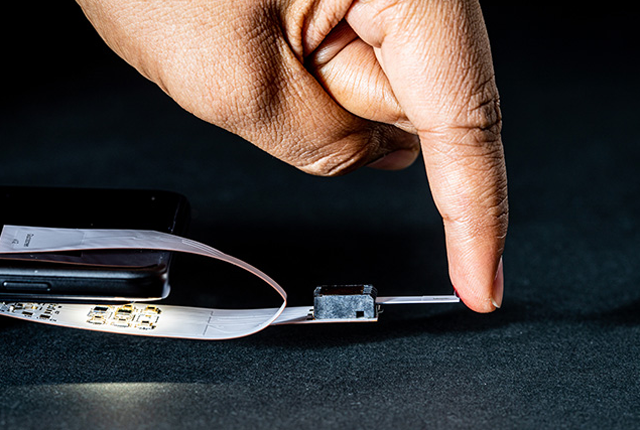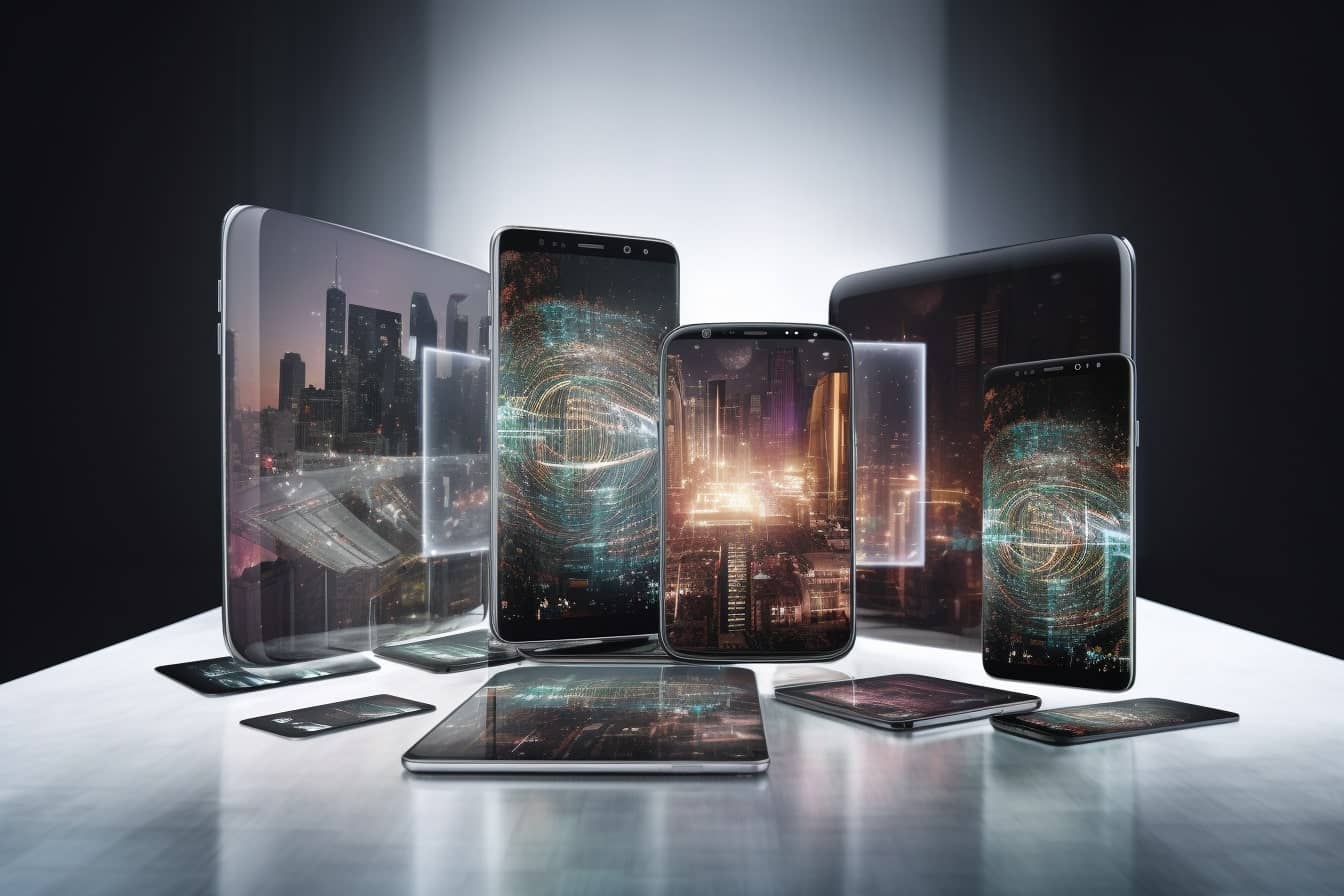Either you know Martin Cooper, or you have lived on another planet. Considered by all to be "the father of the mobile phone", Martin is a visionary who revolutionized the world of communication. On the occasion of the first 50 years of mobile telephony, he shared his reflections on mobile technology and his hopes for the future.
Half a century of mobile telephony
That's how much time has passed since Cooper, then an engineer at Motorola, made the first public call with a portable cell phone. His idea was to create a truly portable device, not connected to a car like the phones of the time. And so in 1972, the engineer gathered a team to build the first portable cell phone, the DynaTAC. Who remembers it? A considerable brick, with a cost equivalent to 10.000 euros today, with a ridiculously long battery life: on the other hand, says its creator, it wasn't a problem. Simply, the phone calls lasted less because the DynaTAC weighed too much to keep it for long periods of time without numbing an arm.

Today…
50 years later, things have changed quite a bit. With a telephone, some joke, you can make everything except coffee. Not yet, at least. The mobile phone offers they are available for all budgets, the prices are well distributed (from the 16 euros needed to buy a Nokia 103 in Nigeria to over 2000 euros for a model with a "folding" screen). Weight? That's not a problem either: there are smartphones like the Israeli Modu which weighs just 40 grams: to equal the weight of the old DynaTAC we would have to hold 30 of them in our hands.
And what do we do with all these smartphones (4 billion, one for every two people on the planet)? All and nothing. And Cooper, in truth, is shocked by the excesses: above all, he doesn't like to see people crossing the street looking at a screen. But he remains full of hope: he himself, at the venerable age of 94, uses smartphones and even smartwatches for work and private life. And he has ideas, lots of them, about the next 50 years. One above all: "I know it seems like an exaggeration, but I want you to know that within one or two generations we will defeat diseases, we will eliminate diseases also thanks to mobile telephony."
…and tomorrow?
Martin Cooper knows no half measures when it comes to mobile telephony. “Telephone,” he says, is a convention. First it was a sturdy brick, now a thin bar of soap, tomorrow it could even physically disappear, be incorporated into a pair of glasses, even into an implant under the skin. One thing is certain, though: He sees a future where mobile devices can have an even more significant impact on people's lives.
It seems strange to us, in a period in which we believe we have seen it all in this field. Cooper firmly believes that mobile technology is not yet at its best: it will transform crucial sectors such as education and healthcare, improving lives for all of us. Just today a group of researchers from the University of Washington and UW Medicine discovered a weakness to improve early diagnosis of diabetes: just use your smartphone. Through the capacitive tactile detection system of a device, in fact, the system helps to measure blood glucose. Just one example of how this contraption from which we never separate can still come in very, very useful.

The evolution of mobile telephony
It is undeniable that the mobile phone has changed the way we communicate and interact with the world. Martin Cooper is alive and fighting with us: he is a rock star of modern times, who has somehow freed our latent energies. We can only hope for two things to bring his vision into this century: first, to avoid excesses and finally arrive at a "mature" use of mobile telephony. Second, look forward to the future fully realizing its potential to change people's lives.
And maybe one day "cell phones" will really be able to help defeat diseases and make the world a better place for everyone.


